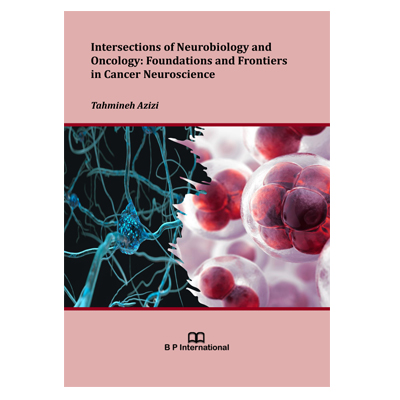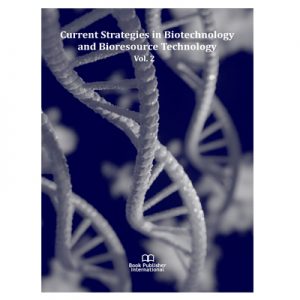“Intersections of Neurobiology and Oncology: Foundations and Frontiers in Cancer Neuroscience” explores the convergence of neurobiology and oncology, shedding light on the intricate relationship between the nervous system and cancer. This interdisciplinary field delves into the mechanisms underlying the development, progression, and treatment of neurological complications associated with cancer, offering novel insights into both disciplines.
Neurobiology and oncology intersect in various ways, with shared molecular pathways, cellular interactions, and physiological processes influencing cancer progression and neural function. Understanding these intersections provides a foundation for uncovering the underlying mechanisms driving neuro-oncological disorders, such as brain metastases, paraneoplastic syndromes, and treatment-related neurotoxicity.
At the forefront of cancer neuroscience research are innovative methodologies and technologies that enable the investigation of complex interactions between cancer cells and the nervous system. Advanced neuroimaging techniques, computational modeling approaches, and high-throughput genomic analyses offer unprecedented opportunities to unravel the intricacies of neuro-oncological diseases and identify potential therapeutic targets.
Moreover, this burgeoning field holds promise for translating basic science discoveries into clinical applications, with implications for personalized medicine, targeted therapies, and precision oncology. By elucidating the molecular and cellular mechanisms driving neuro-oncological pathogenesis, researchers aim to develop novel treatment strategies that mitigate neurological complications, improve patient outcomes, and enhance the quality of life for individuals affected by cancer.
Cancer neuroscience stands at the forefront of biomedical research, offering a compelling convergence of two intricate disciplines: cancer biology and neuroscience. This emerging field delves into the complex interplay between the nervous system and cancer, unraveling a tapestry of molecular, cellular, and systemic interactions that profoundly shape tumor development, progression, and response to therapy. With each passing year, our understanding of the intricate crosstalk between neural circuits and malignant cells deepens, opening new avenues for innovative diagnostic strategies, therapeutic interventions, and prognostic biomarkers.
The genesis of cancer neuroscience can be traced to seminal discoveries that unveiled the profound impact of the nervous system on tumor growth and metastasis. From the early identification of neurotrophic factors and neurotransmitter receptors expressed by cancer cells to the elucidation of neural circuits governing tumor angiogenesis and immune evasion, the field has witnessed remarkable progress fueled by interdisciplinary collaboration and technological innovation.
As cancer neuroscience continues to evolve, interdisciplinary collaborations between neurobiologists, oncologists, radiologists, computational biologists, and other experts are essential for advancing our understanding of the intricate interplay between the nervous system and cancer. By bridging the gap between neurobiology and oncology, researchers can uncover new avenues for therapeutic intervention and pave the way for transformative discoveries in cancer neuroscience.
In this Book, we embark on a journey into the realm of cancer neuroscience, exploring the fundamental principles, cutting-edge research findings, and clinical implications that define this rapidly evolving discipline. Through a lens that encompasses molecular biology, cellular physiology, computational modeling, and clinical translation, we aim to illuminate the intricate tapestry of neural-tumor interactions and their profound implications for cancer diagnosis, prognosis, and therapeutic strategies.
As we navigate the frontiers of cancer neuroscience, we are confronted with a myriad of unanswered questions and untapped opportunities. How do neural circuits influence tumor initiation and progression? What molecular mechanisms underlie the neural regulation of tumor angiogenesis and metastasis? Can targeting neuroimmune interactions offer novel avenues for cancer therapy? These are but a few of the compelling queries that propel our quest for deeper insights into the neurobiology of cancer.
In this book, we invite readers to join us on this intellectual journey, as we unravel the mysteries of cancer neuroscience and harness its transformative potential to combat one of the most formidable challenges facing modern medicine. Together, let us embark on a journey of discovery, innovation, and hope in our quest to conquer cancer and alleviate the burden of disease for patients worldwide.





